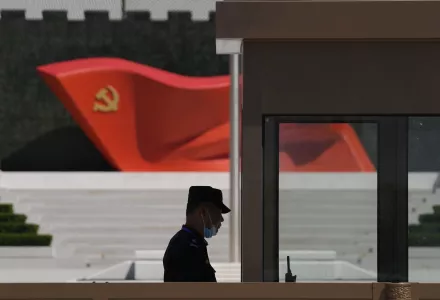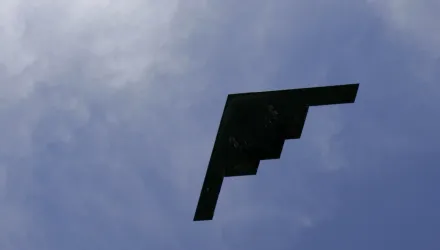International Security is America's leading peer-reviewed journal of security affairs.

Summary
After the mistaken U.S. bombing of the Chinese Embassy in Belgrade in 1999, China turned to information-age weapons such as cyberattacks to increase its coercive leverage over the United States. China calculated that it could use these weapons strategically to create a risk of escalation to nuclear war with the United States. China combines its information-age capabilities with a retaliatory nuclear posture to compensate for its conventional military inferiority. This shift is explained by a theory of strategic substitution.
Fiona S. Cunningham, "Strategic Substitution: China’s Search for Coercive Leverage in the Information Age," International Security, Vol. 47, No. 1 (Summer 2022), pp. 46–92, https://doi.org/10.1162/isec_a_00438.
The full text of this publication is available in the link below.





